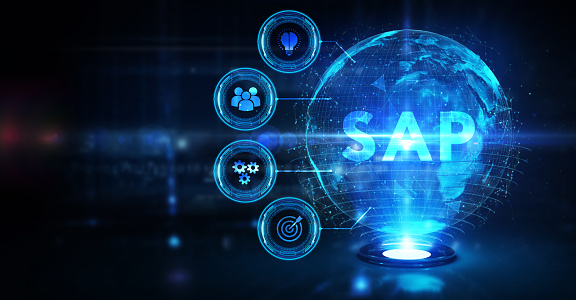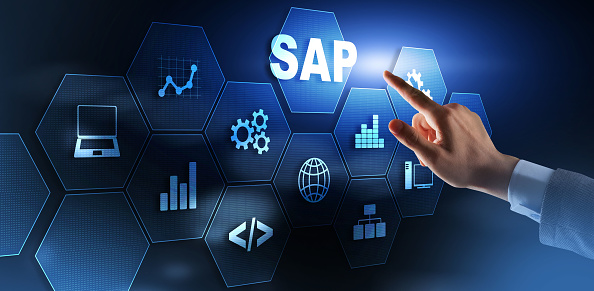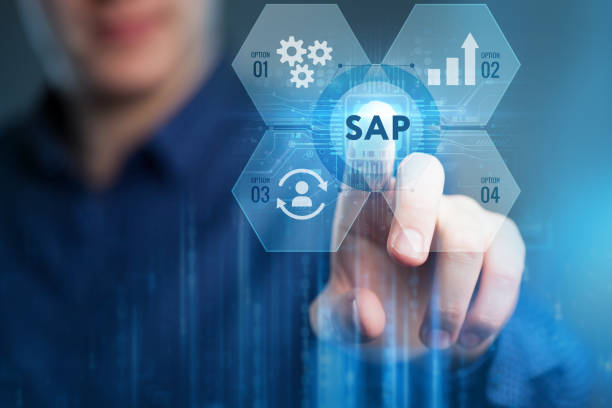SAP is a multinational software company based in Germany that specializes in enterprise resource planning (ERP) software. ERP software, which allows organizations to manage business operations, is typically a suite of modular applications that collect and integrate data from various aspects of the business. While SAP is the primary focus of this article, it is not the only provider of ERP software. Oracle, Microsoft, Infor Orbis, and Epicor are among the others. Click here to find out more on SAP software Malaysia.

SAP is a market leader in neatly integrated ERP software; its various departmental applications work in unison. SAP offers industry-specific add-on solutions in addition to its basic models. The SAP ERP suite contains a massive number of modules, which are divided into the following categories:
- Accounting
- In this category, it is branched out into several aspects which are finance, investment management, project system, controlling, enterprise controlling and financial supply chain management.
- Logistics
- In this category, it is branched out into several aspects which are material management, sales and distribution, logistics execution, warehouse management, plant maintenance, customer service, fleet management, quality management, production planning and environment, health and safety.
- Human Resources
- In this category, it is branched out into several aspects which are organisation management, personnel management, personnel administration, personnel development, personal time management, payroll, training and event management, learning solutions, compensation, enterprise compensation, benefits, recruitment, loan and advance business application programming.
- Technology
- In this category, it is branched out into several aspects which are cross application which includes classification systems and overflow, basic components, programming and security and authorizations.

Some of these modules, particularly those in Finance and Investment Management, can be subdivided into sub-categories of modules, such as Accounts Payable or Receivable, Investment Orders, or Investment Support. Which modules are required will be determined by specific business operations and industry requirements.
SAP’s most important sub-modules include finance, controlling, sales and distribution, material management, and human resources. A client can purchase whatever modules are required based on the needs of the organisation. For example, a client can only purchase FI, SD, and MM modules without purchasing CO and HR modules.
SAP is an ERP system that manages almost all departments in a company. SAP manages an organisation’s Finance, Controlling, Human Resources, Sales, Distribution, Material management, Warehouse, Production, Security, and Research departments, among many others. Not only that, but SAP has industry-specific solutions for almost every industry, including manufacturing, pharmaceuticals, insurance, security, finance, and treasury.

Some of the most important sub modules in SAP are finance (FI), controlling (CO), sales and distribution (SD), material management (MM), and human resources (HR). A client can purchase whatever modules are required based on the needs of the organisation. For example, a client can only purchase FI, SD, and MM modules without purchasing CO and HR modules.
The most important modules are SAP FICO, SD, and HR. The FI and CO modules are in charge of finance and controlling, respectively. SD is in charge of sales, while HR is in charge of human resources. FICO is a foundational module that is tightly linked to the SD, MM, HR, and PS modules.


